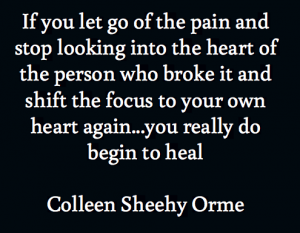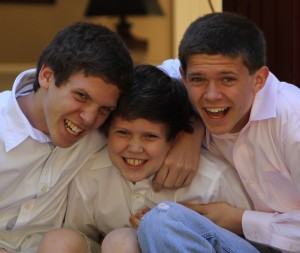I once heard someone say that it takes two people to make a marriage fail.
Well, yes and no.
In the average relationship that might be true.
However,if one is married to a narcissist, an alcoholic, an addict, a gambler, a compulsive liar, and a few other severe afflictions then it is far more complicated.
There is a ‘third party’ living in the marriage.
It is the illness.
So the marriage problems will stem from the person who has the addiction or mental health disorder.
Of course, there will be the classic relationship recipe of the ‘enabler’ in the marriage, too. The enabling spouse will do everything in their power to save, rescue, make excuses for, protect and hang onto the spouse who has brought a ‘third party’ into the marriage.
The problem is that it is beyond difficult to save a marriage to a person with an illness. In counseling, people with addiction rarely see their behavior and have their own perception of reality. The same is true with narcissism. Narcissists live in their own perception of reality so it is nearly impossible for them to hear what a counselor is telling them.
Family is not generally helpful either. The family of the person with the illness either:
Wants to see the best in the person they love and make excuses or
They do not have the ability to see the illness because it is also present in their own family
Therefore, there are marriages where the problems were not caused by two people.
In these cases, a marriage was entered or deteriorated because of the illness. It then becomes exaggerated when the enabler can no longer sustain the enabling because the situation has endured for far too long.
That is when the enabler develops less than admirable behavior of their own from staying in an unhealthy situation too long. The enabler begins to yell and become frustrated and complain. They at one time chose to stay with a person they made excuses for only now they are begging for a healthy reality.
No, it did not take two people to destroy this marriage. It was never a healthy relationship to begin with. The ‘third party’ made that impossible.
It was a person with an illness who attracted themselves to their logical partner. An overly, caring enabler who would not abandon them despite their illness. Is the enabler to blame in that context? Absolutely, however,it is entirely different than an average relationship falling apart because of shared differences.

Follow me on Facebook @Colleen Orme National Columnist
on Twitter @colleenorme
on Pinterest @colleensheehyorme
E-mail: Colleen.Sheehy.Orme@gmail.com
www.colleensheehyorme.com

